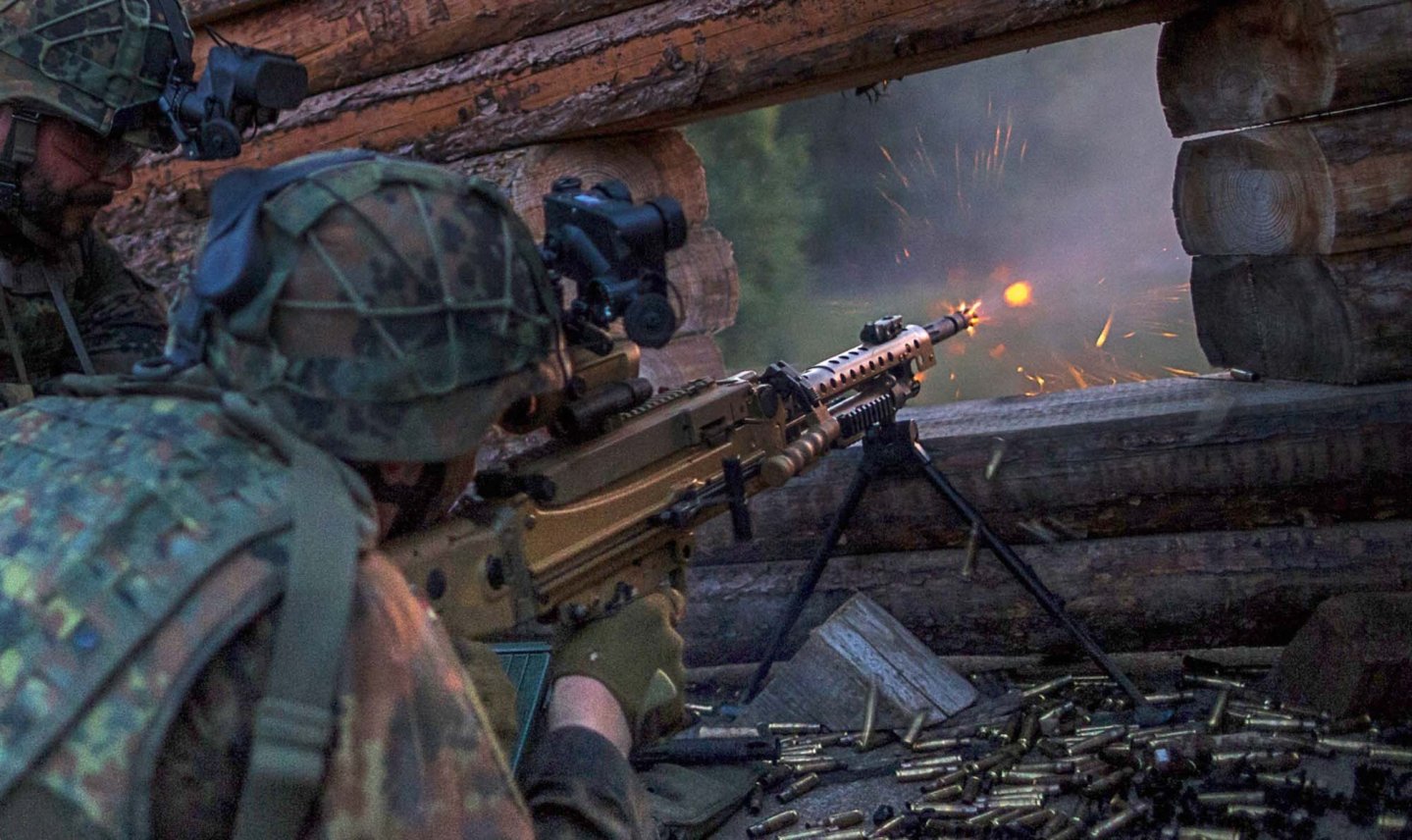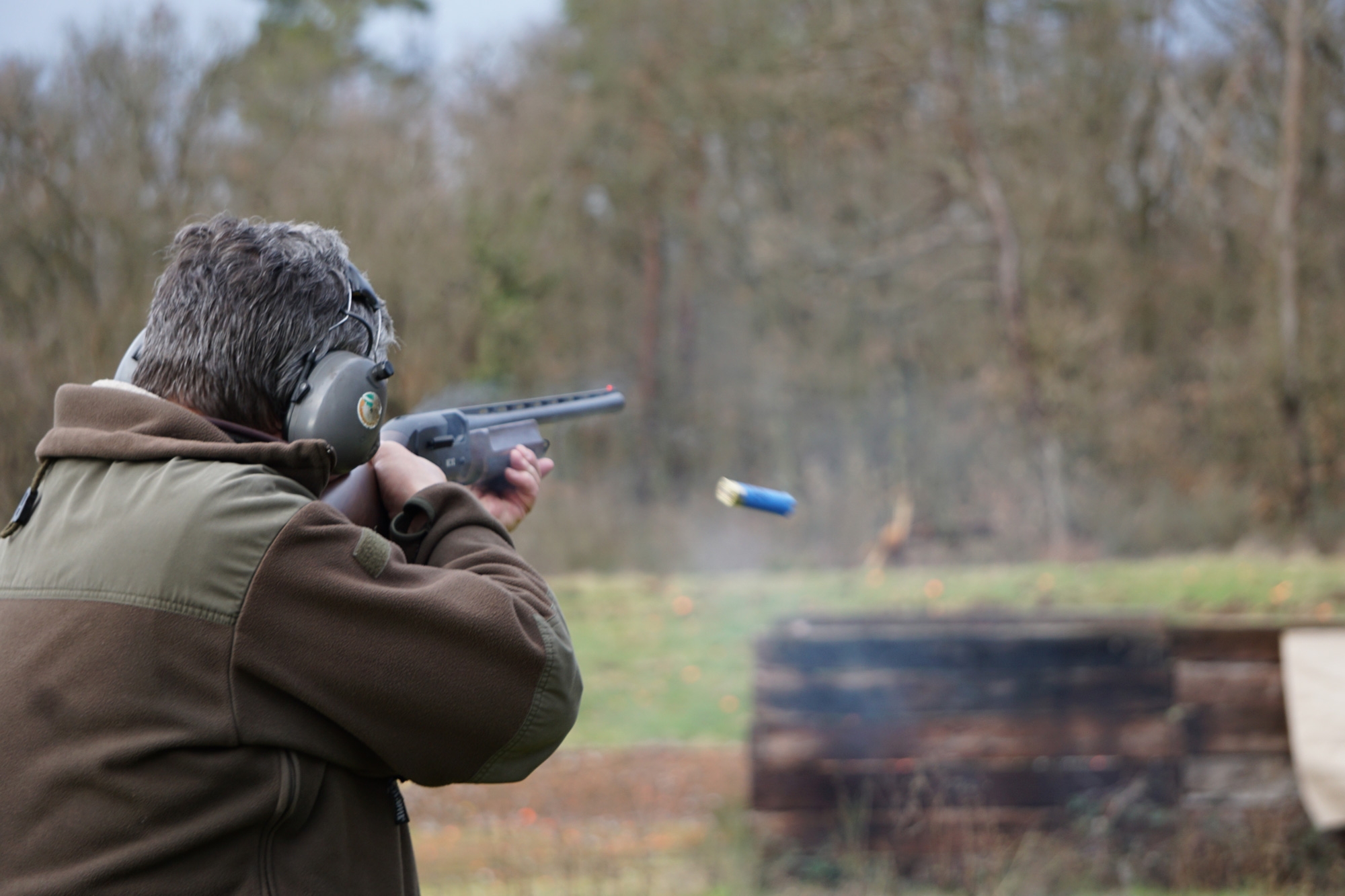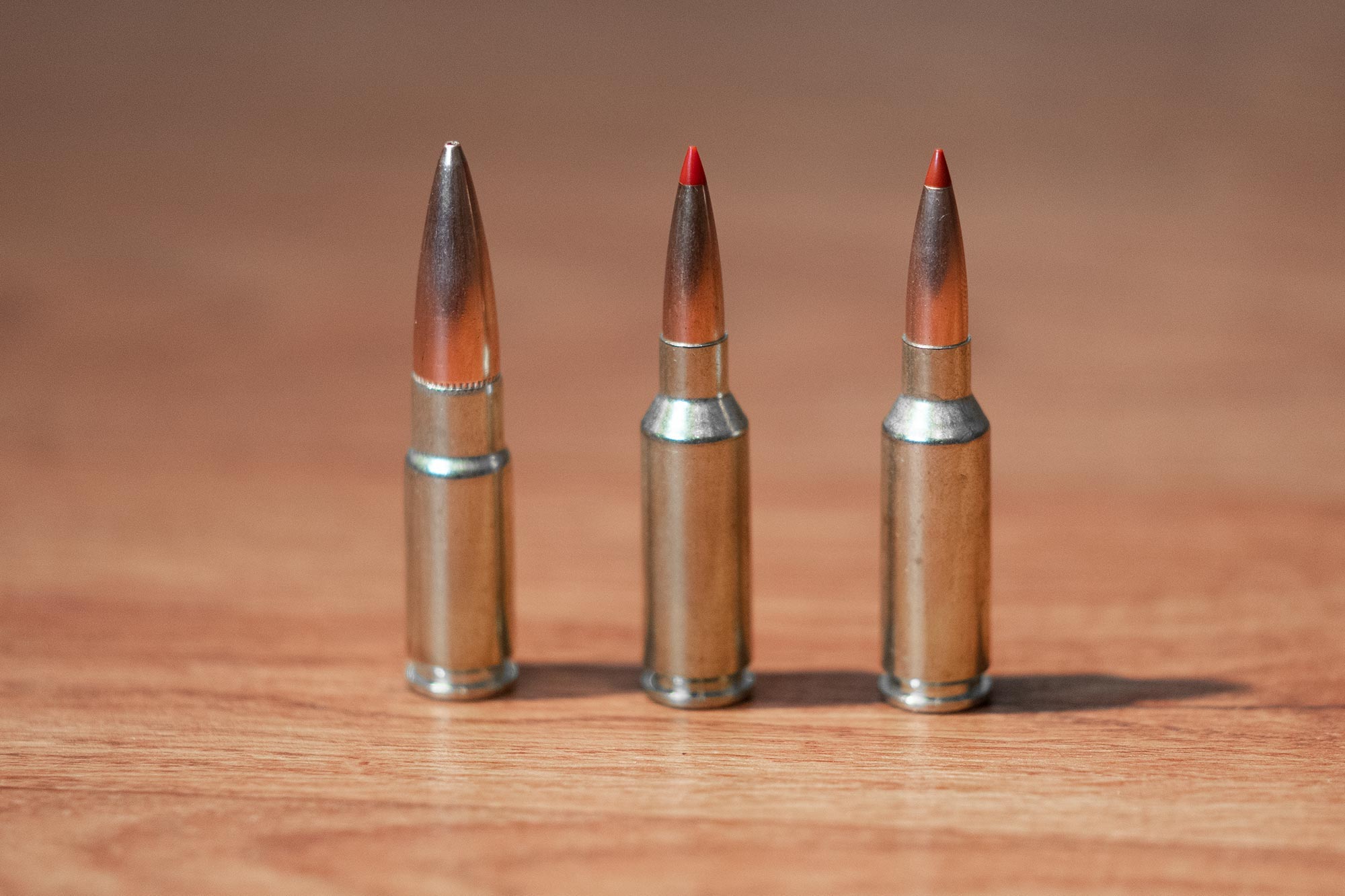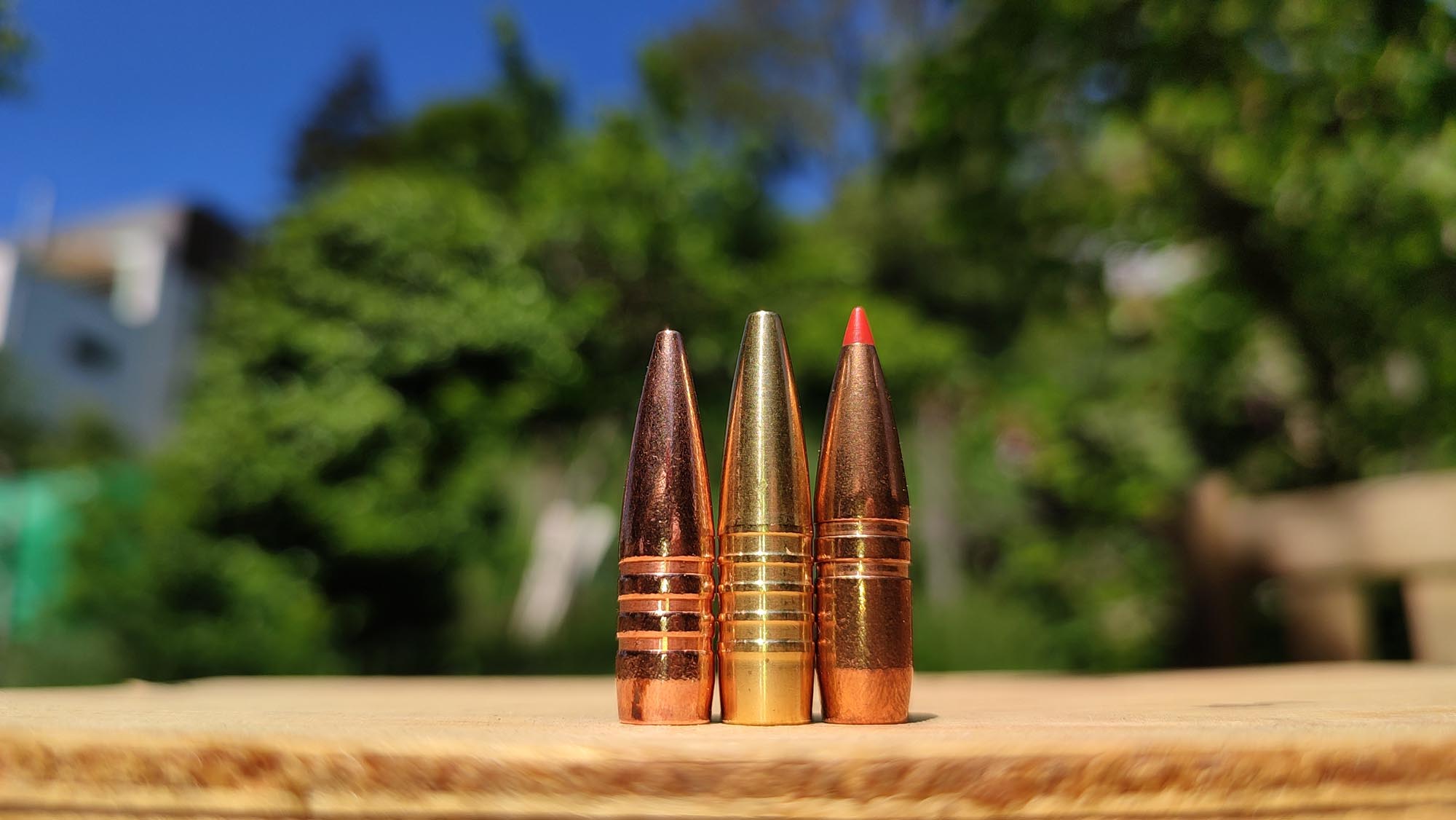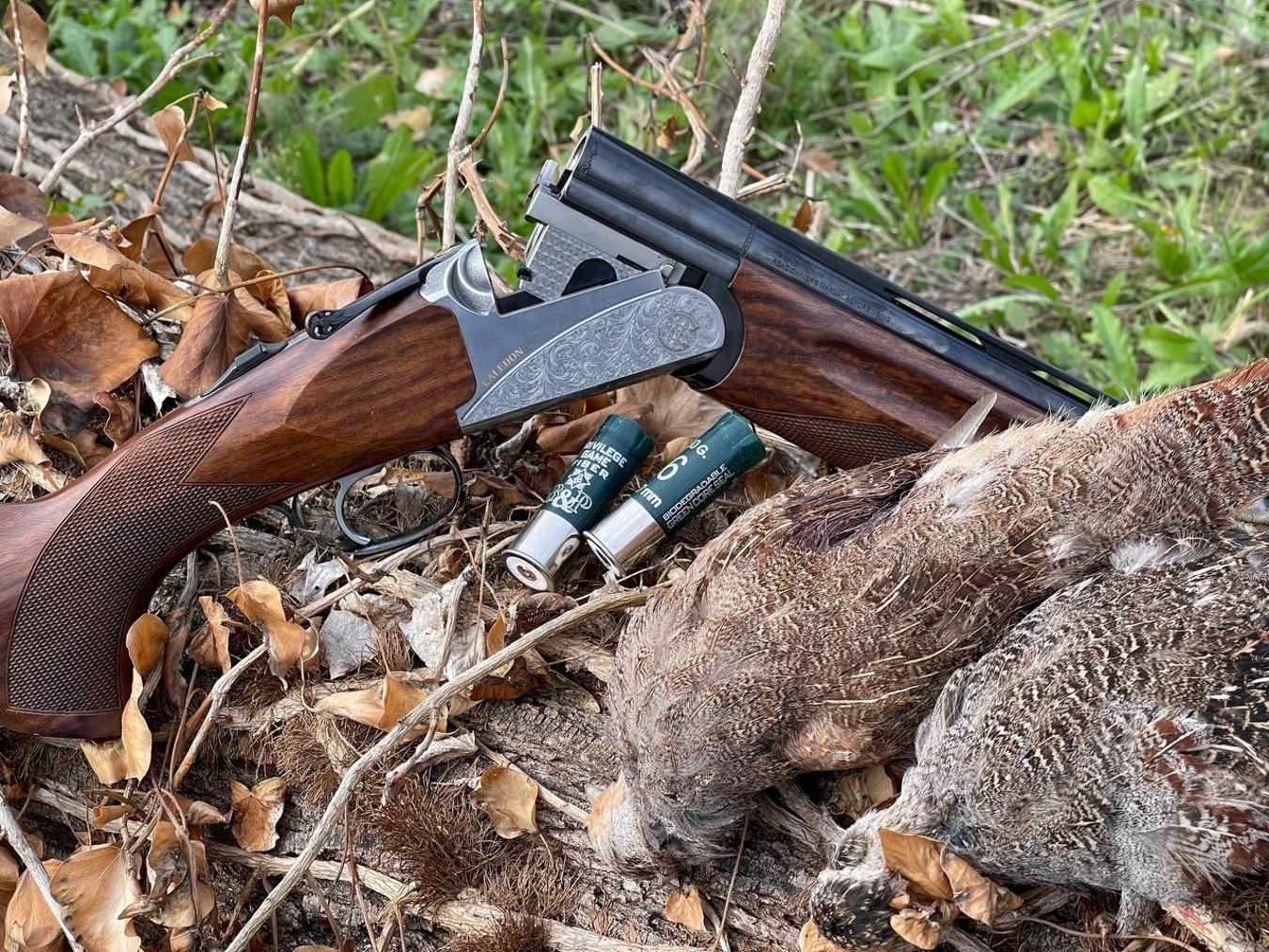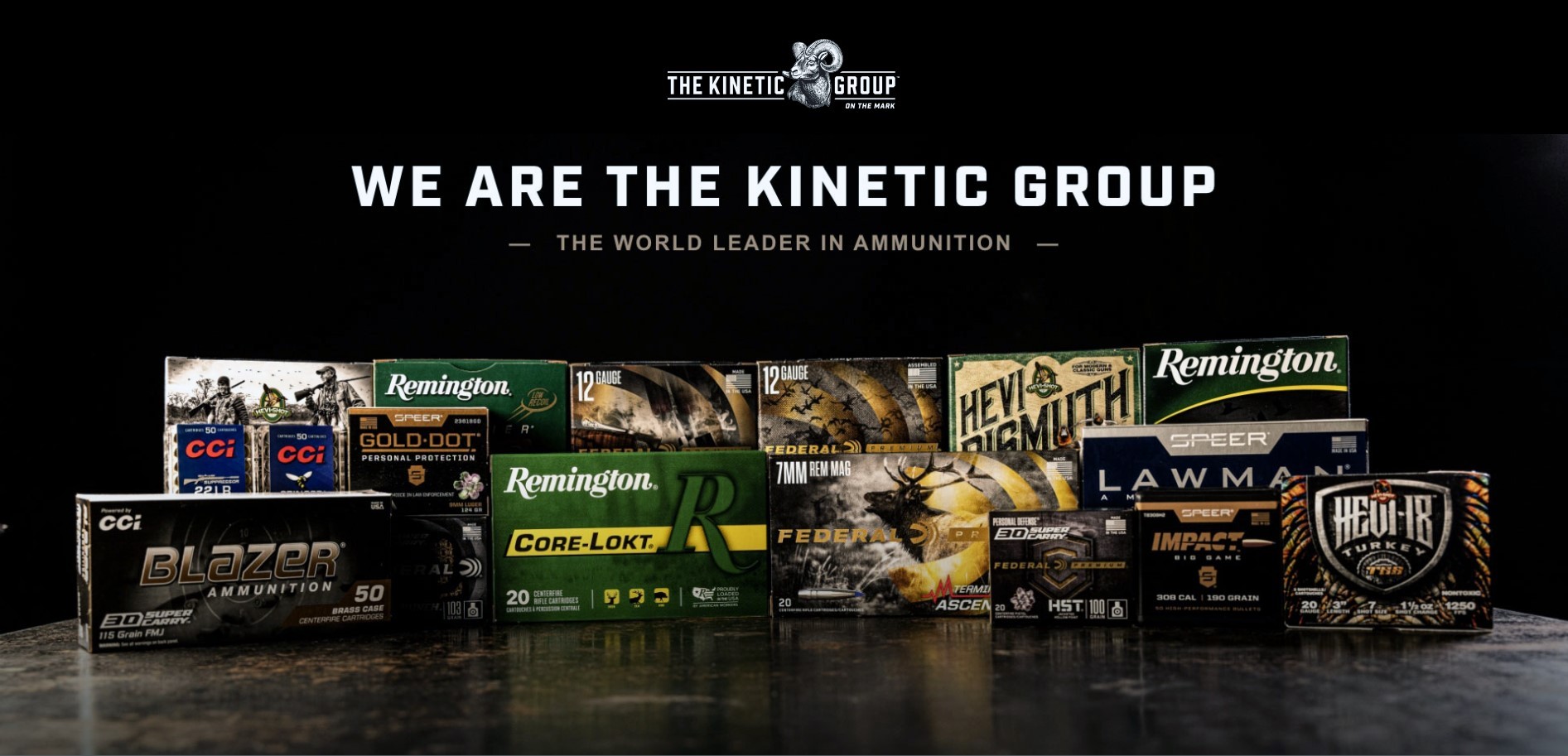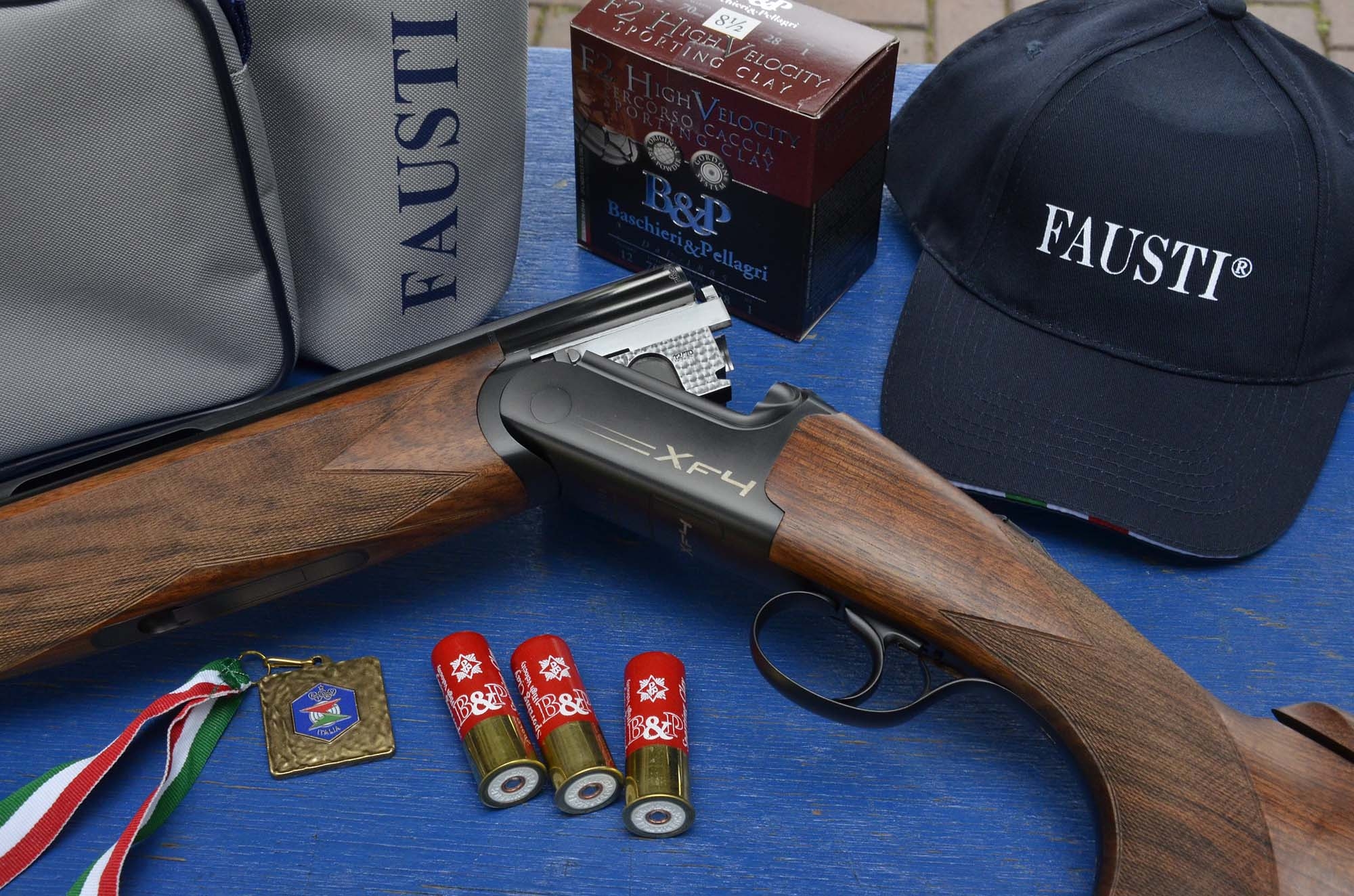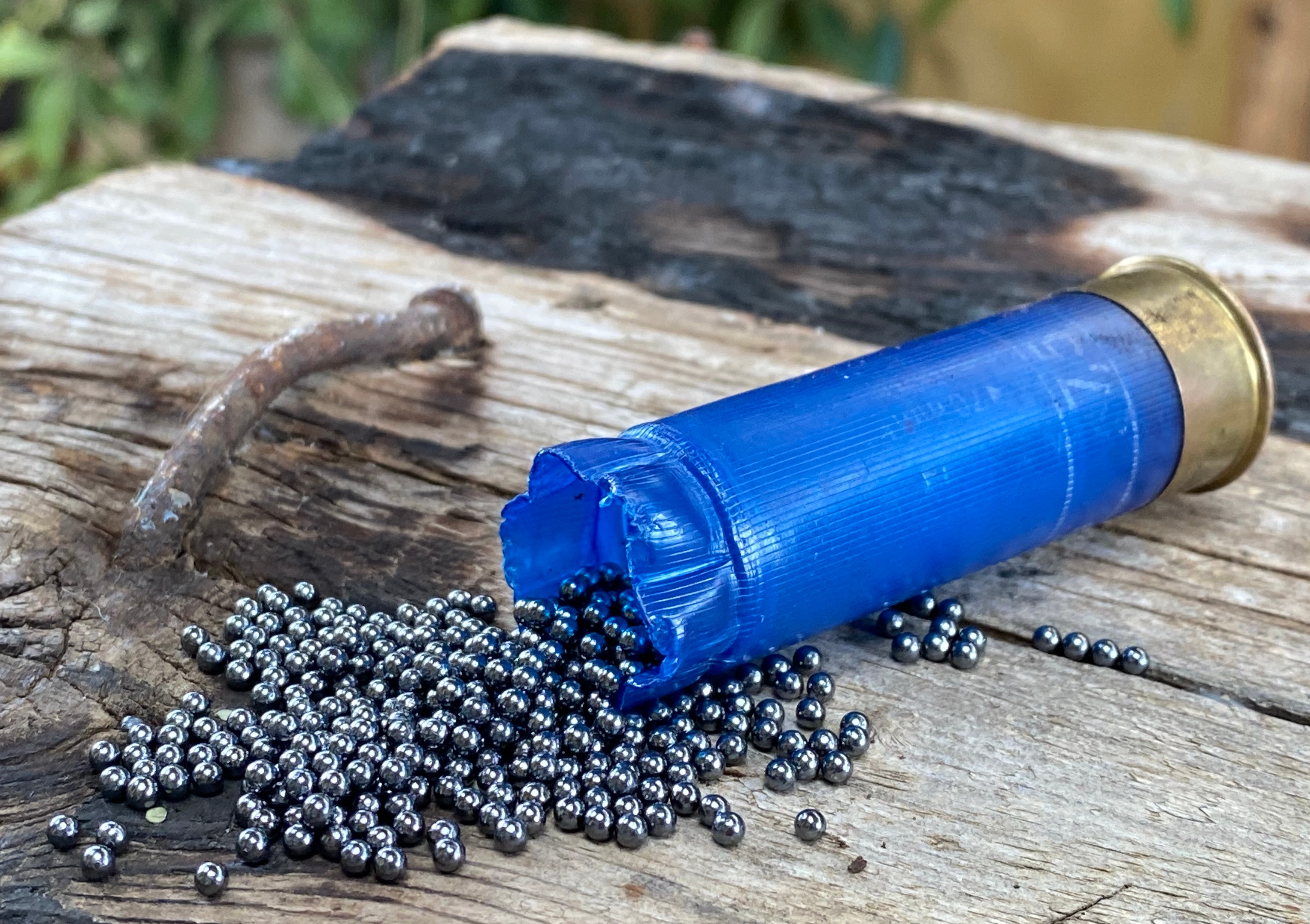The ammunition industry – represented by AFEMS (Association of European Manufacturers of Sporting Ammunition) – is calling for a 10-year moratorium on the planned ban on lead in ammunition (including civilian ammunition) to ensure the integrity of supply chains and to prevent the EU from becoming dependent on ammunition imports. The goal is clear: to ensure the security of the EU and the security of supply of ammunition for the defense sector.
Why the impact of a ban of lead in civilian ammunition on the military sector can't be ignored?
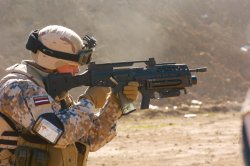
Beyond the human and humanitarian tragedy, the conflict in Ukraine is an event that is changing the global geopolitical landscape and is having major economic implications worldwide. A disruptive event of this magnitude requires a high degree of flexibility to adapt to the sudden and inevitable shift in priorities it has caused.
But the same should be true of the European Chemicals Agency's (ECHA) proposal for restrictions on lead, which calls for a near-total ban on lead in ammunition for hunting and sport shooting. Although this proposal theoretically excludes military production from the scope of the ban, in practice the current ECHA proposal, if adopted, would have an unintended and disproportionate impact on the EU defense industry and would jeopardize the security of supply of small arms military ammunition to NATO members and other EU/EEA member states.
In its response to comments on the Annex XV dossier, ECHA does reiterate that it has considered "the possible spill-over impacts of the proposed restriction on ammunition produced for civilian purposes on the production of military ammunition" and has concluded that "this spill-over impact will be negligible."
However, this is definitely not the case. Most manufacturers supply such small arms ammunition for both civilian and non-civilian customers, and almost all military cartridges for handguns contain lead bullets. As a result, a country's defense forces depend on one and the same manufacturer for both their standard supply and increased delivery capacity in the event of a conflict situation (large supply). Since lead-free ammunition and ammunition containing lead use different machines/assembly production lines, ammunition manufacturers will be forced to retool their production lines for civilian customers if the ECHA restriction proposal goes into effects, thus reducing their ability to meet the demand for and increase the production of non-civilian small arms ammunition in case of need.
What connects the production of civilian ammunition with military products?
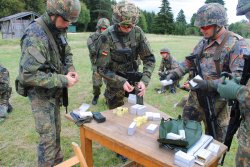
In fact, the current, additional production capacity for defense purposes currently comes from the civilian ammunition production lines, that can easily be converted for the manufacturing of military products. However, if the production lines had to be completely redesigned and adapted for lead-free bullets, they could no longer be used for the production of lead bullets when an increase in production is required, such as in crisis situations.
With the current escalation of events in Eastern Europe, the timely supply of ammo has proven to be a key factor in the event of an unpredictable and unprecedented crisis in Europe. As the apparently ongoing conflict between Russia and Ukraine escalates, the EU, NATO members, and other EEA countries are standing by Ukraine to supply the country with key strategic armaments. As a result, NATO member states are already facing significant delays in replenishing their own ammunition stocks. The situation would become even more dramatic if ECHA's current proposal to restrict lead ammunition came into effect, not only because it would make the delays in the supply of small arms military ammunition even worse, but also because it would make the EU dependent on imports from third countries for such ammunition necessary for defense.

For this reason, security of supply and the ability of manufacturers of small-arms military ammunition to significantly increase their production in a conflict situation directly depend on the ability of EU manufacturers to convert civilian production lines into military ones, thus avoiding relying on companies based in non-NATO countries.
To find an alternative to lead for the production of ammunition which is acceptable from EU defence procurement and NATO standards points of view will take at least 10 years. And whether this is technically possible at all is not even certain today. But once such an alternative is found, civilian production can be converted, and the exemption for defense purposes currently included in ECHA's restriction proposal can then be implemented in a "practical" manner.
In view of all this, the EU ammunition industry, represented by AFEMS, is calling for at least a 10-year moratorium on ECHA's restriction proposal on lead ammunition in the EU. This is the minimum time needed to find an alternative to lead that is acceptable to the EU and NATO. In the meantime, the restriction should be reconsidered to make it more sustainable and effective.
This request is aimed solely at averting the unintended consequences that ECHA's restriction proposal on lead in ammunition would have on the availability of small-arms military ammunition, as ECHA's proposal would jeopardize the EU's security and defense sector at a particularly sensitive time such as the present with the ongoing war in Ukraine.
The role and importance of AFEMS as an advocacy organization
Die Association of European Manufacturers of Sporting Ammunition (AFEMS) ist eine gemeinnützige Organisation mit The Association of European Manufacturers of Sporting Ammunition (AFEMS) is a non-profit organization with over 70 members and affiliates from 32 countries in Europe. AFEMS represents an association of manufacturers and distributors of hunting and sporting ammunition, components, propellants and machinery. Some AFEMS members also manufacture ammunition for the military sector, covering more than 90% of military production of small arms ammunition in the European Union.
The mission of AFEMS is to strengthen dialogue and cooperation among its members and to represent and safeguard their interests vis-à-vis the relevant decision-making bodies. AFEMS is considered the sole spokesperson and representative of the entire European ammunition industry and maintains an active dialogue with governments and institutions in order to contribute through its expertise in the development and implementation of legislation and technical solutions for the manufacture, classification and distribution of civil ammunition and related products.
In this context, the word of AFEMS weighs heavily, and ECHA and especially the EU Commission would be well advised to take these indications seriously and not, like ECHA, dismiss them with the words "this is negligible". This could turn out to be a serious misjudgement. With the corresponding consequences for security and defense capability in Europe.
Also the institutional website The Parliament has reported about this serious risk on November 21, 2022: "Is the EU's security and defence at stake?"


